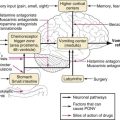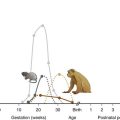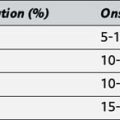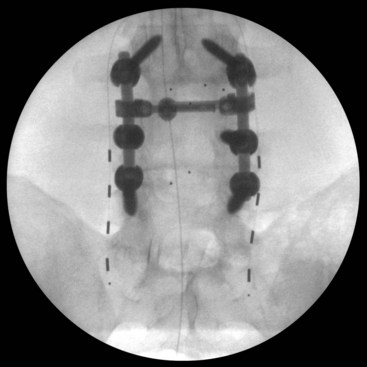Cannabis has long been associated with the treatment of anxiety and depression. Numerous studies have shown the effectiveness of various cannabinoids like THC and CBD in relaxing the body and mind. They may provide relief for mental health conditions, such as panic, anxiety, depression, stress disorders, and trauma disorders.
Although CBD is widely accepted and legalized as an approved prescription drug, there is still a stigma around THC because of its psychoactive properties. So, an alternative to THC, that is, THC-A (Tetrahydrocannabinolic Acid), is emerging into the picture for anxiety and depression treatment. Like THC, the cannabinoid is also available in interesting forms like THC A pre rolls, vapes, edibles, skin patches, etc.
Let’s figure out more about the effectiveness of THC-A for anxiety and depression relief.
What is THC-A?
THC-A is a precursor to THC and is developed during the growth of the cannabis plant. This means THC will exist only if there is THC-A.
Surprisingly, unlike THC that is a primary psychoactive compound in the cannabis plant, THC-A is a non-psychoactive compound when consumed in raw form. Once heated or burned, the cannabinoid is altered to become THC.
Research suggests that THC-A may have neuroprotective, anti-inflammatory, and antiemetic properties, which make it effective in managing anxiety and depression.
THC-A and Anxiety: How it Works?
Although research on THCA is still in the early stages and requires further in-depth exploration, preliminary results and user experiences are promising. In fact, some frequent cannabis users report that THC (THC-A) is more effective in managing depression symptoms than benzodiazepines and other commonly prescribed pharmaceutical medicines.
Now, let’s understand how THC-A works and provides relief for depression and anxiety:
The ECS (Endocannabinoid System) in our body is instrumental in modulating a wide range of physiological processes, such as memory, stress, mood, appetite, sleep, pain sensation, and more. The ECS helps regulate various functions throughout our body. But when it comes to anxiety and depression, it mostly works with our brain by providing appropriate reactions to stressful events or fears.
The ECS consists of CB1 and CB2 cannabinoid receptors and endocannabinoids that are naturally produced in our body. THC-A interacts with these receptors, particular CB1 receptors that are abundant in our central nervous system. By activating these receptors, the cannabinoid may modulate neurotransmitter release, potentially reducing the symptoms of depression.
In addition to its potential interaction with the ECS, THC-A may also offer other therapeutic benefits, as discussed below:
- Anti-inflammatory properties: Inflammation is linked to heightened anxiety. The anti-inflammatory properties of THC-A may help reduce inflammation in the body and brain, making it a contributor to managing anxiety symptoms.
- Antioxidant effects: Some scientific studies suggest that THC-A has antioxidant properties that can significantly ease anxiety and depression symptoms. Antioxidants help combat oxidative stress and cellular damage.
- Neuroprotective properties: THCA’s potential neuroprotective properties may help manage chronic anxiety, which results from functional and structural changes in our brains. Neuroprotection helps maintain the brain’s overall health, potentially managing anxiety symptoms and promoting mental well-being.
How to Consume THC-A for Anxiety and Depression
Ideally, you should consume raw cannabis to get THCA. If you smoke or vaporize cannabis, the cannabinoid is converted into THC, and you’ll be devoid of THC-A’s benefits. If you want THC, you can choose from different forms like delta 8 asteroids, THC edibles, tinctures, and more. But some of the best ways to consume THC-A are:
- Consume raw cannabis in juice or tea
- Grind and sprinkle it on your food
- THC-A vapes or pre-rolls
- THC-A edibles
- THC-A flowers
If you choose store-bought THC-A preparations, make sure you buy from a reliable store. If not stored well, THC-A can convert into THC.
Are there any side effects of THC-A?
As with other cannabinoids, THC-A also has some side-effects like:
- Dry mouth
- Dizziness
- Red eyes
- Change in appetite
- Nausea
If you’re experiencing any of these side effects, you should consult with your physician or check with a cannabis expert.
Ideally, users should start with a low dose and increase slowly. Also, it’s best to consult with your doctor before consuming any cannabis product for relieving the symptoms of anxiety and depression. They can offer personalized guidance according to your specific condition, medical history, and current medications.





